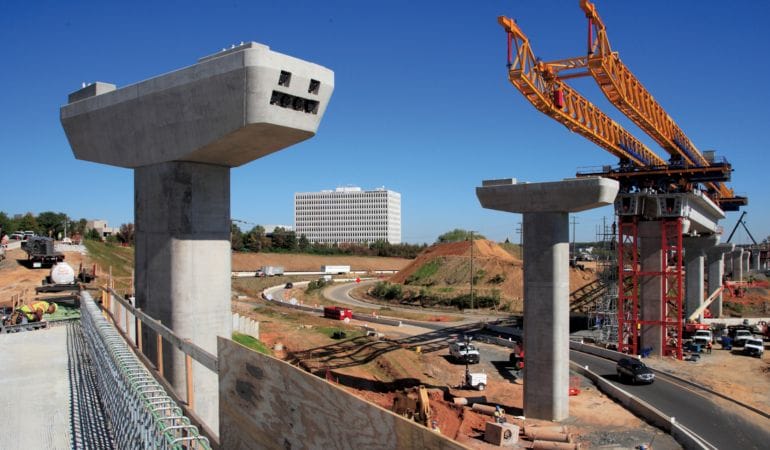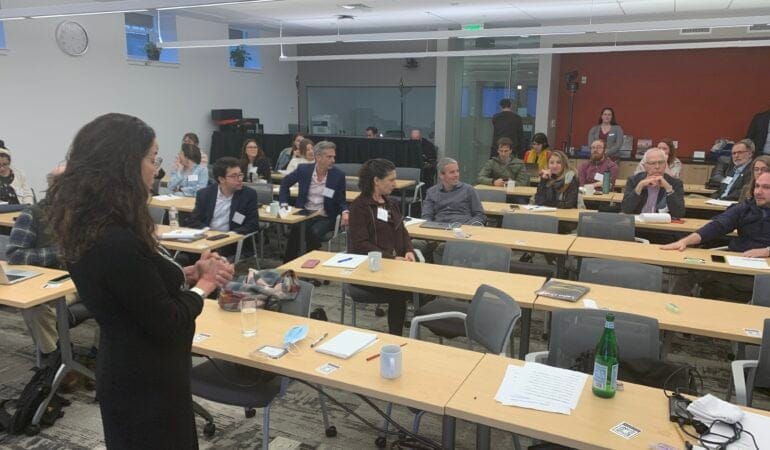Requests for Proposals
Research on Land-Based Financing Approaches for Climate Action
Submission Deadline: March 23, 2023 at 11:59 PM
The Lincoln Institute of Land Policy invites proposals for original research that examines opportunities for, and challenges with, implementing land-based financing (LBF) instruments, including land value capture, to promote and fund climate adaptation, mitigation, or resiliency measures, with a focus on equity, urban form, and nature-based solutions. The research should help inform practitioners, policy makers, and decision makers.
The geographic focus of this RFP is global. Proposals will be reviewed competitively according to the weighted evaluation criteria indicated below. Outputs are expected to result in working papers appropriate for publication.
Research Themes
The following issues and themes are of interest to the Lincoln Institute, but the list is not exhaustive, and applicants may submit a proposal that addresses other topics or issues. However, the proposal must consider LBF as a tool for climate action by addressing the following:
- The necessary enabling conditions for the use of LBF for climate action, including but not limited to, market conditions, public perception of risk, and the pricing of climate risk in land markets
- The legal, regulatory, and institutional considerations for using LBF for climate action, including informal or nontraditional forms
- The types of climate action, including infrastructure investments and regulatory action, that have the greatest potential for the application of LBF
- Temporal considerations for LBF for climate action (e.g., charges for long-term benefits of climate action or the timeframe for realizing land value increments).
- Innovative uses of LBF for climate action
- The potential nonrevenue-related benefits of LBF for climate action, such as equity
- Unintended outcomes (positive or negative) of the approaches, with an emphasis on equity
Proposals
Proposals must be submitted online via the web-based application form and must follow the complete RFP guidelines. Proposals submitted by email or mail will not be accepted. Incomplete proposals, proposals received after the due date, or proposals that do not adhere to the format defined in the guidelines will not be accepted.
Proposals must be submitted in English. The final work produced pursuant to the RFP (if selected for an award) must be in English.
Evaluation Criteria
The Lincoln Institute will evaluate proposals based on the following criteria:
- The project’s relevance to the RFP’s theme of land-based finance tools for climate action: 35 percent
- Rigor of proposed methodology: 25 percent
- Potential impact and usefulness of the research for practitioners: 25 percent
- Capacity and expertise of the team and relevant analytical and/or practice-based experience: 15 percent
Details
Adaptation, Climate Mitigation, Environment, Growth Management, Infrastructure, Land Speculation, Land Use, Land Use Planning, Land Value, Land Value Taxation, Land-Based Tax, Local Government, Municipal Fiscal Health, Planning, Property Taxation, Public Finance, Public Policy, Regulatory Regimes, Resilience, Taxation, Transportation, Urban, Urban Development, Valuation, Value Capture, Value-Based Taxes, Zoning


